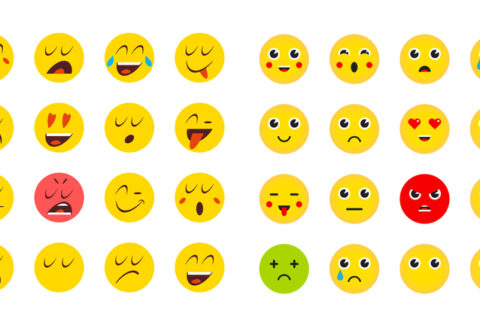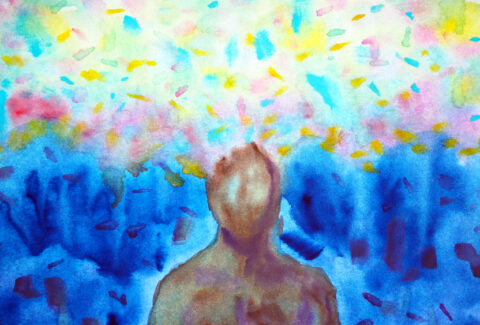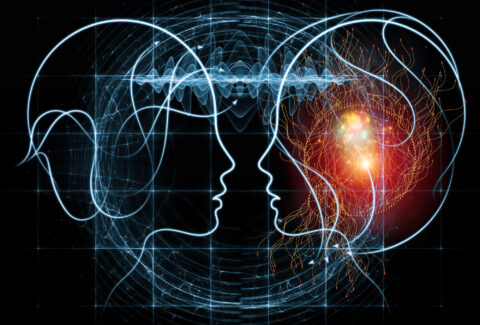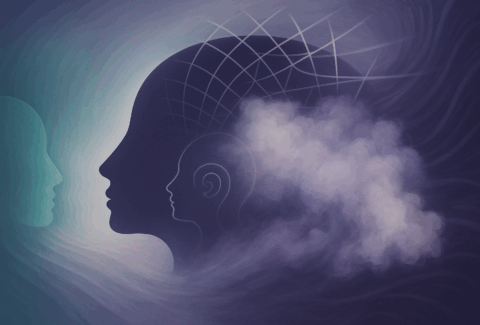The Impact of Unconscious Motives on Human Behavior: A Deep Dive into Freudian Theory

The Impact of Unconscious Motives on Human Behavior: A Deep Dive into Freudian Theory
Introduction
The human mind is a complex and intricate entity, operating both consciously and unconsciously[1]. Sigmund Freud[2], the father of psychoanalysis, introduced groundbreaking ideas that transformed our understanding of human behavior, particularly regarding the influence of unconscious motives. Freud posited that many of our thoughts, feelings, and actions are shaped by hidden desires, fears, and conflicts that reside outside of our conscious awareness.[3] This article explores the significance of unconscious motives in shaping human behavior, with a focus on Freud’s theories and their implications for modern psychology.
The Freudian Model of the Mind
Freud conceptualized the mind as divided into three parts: the id, ego, and superego[4].
- Id: The id is the primitive and instinctual part of the mind that contains our basic drives and desires, primarily sexual and aggressive urges.[5] It operates on the pleasure principle, seeking immediate gratification without consideration for reality or social norms.[6]
- Ego: The ego is the rational part that mediates between the desires of the id and the constraints of reality.[7] It operates on the reality principle, attempting to satisfy the id’s desires in a socially acceptable manner.
- Superego: The superego represents internalized societal norms and morals. It acts as a counterbalance to the id, imposing guilt, and shame when desires are deemed unacceptable.[8]
Freud argued that the conflict between these three components leads to anxiety and can manifest as various psychological disorders.
The Role of Repression
One of Freud’s key concepts is repression, the unconscious process of burying distressing thoughts, memories, or desires. He believed that when individuals encounter feelings or impulses that threaten their self-image or societal acceptance, they often repress these emotions to avoid anxiety.[9] However, repressed thoughts do not disappear; instead, they linger in the unconscious, influencing behavior and emotional responses. Freud stated, “The neurotic is a person who has no secrets from himself.”
Case Study: The Rat Man
Freud’s case studies often illustrated the impact of repression on behavior. In his analysis of a patient known as the “Rat Man,” Freud uncovered how repressed sexual desires and fears associated with his family background contributed to his obsessive-compulsive behaviors.[10] This case exemplified how unresolved unconscious conflicts could lead to debilitating symptoms.
Dreams as Windows to the Unconscious
Freud believed that dreams serve as a royal road to the unconscious. In The Interpretation of Dreams[11], he asserted that dreams are a manifestation of our deepest desires and unresolved conflicts. The content of dreams, often laden with symbolism, can reveal insights into the unconscious mind. For instance, a dream about falling may signify feelings of insecurity or a lack of control in waking life.
The Influence of Sexuality
Freud famously argued that sexuality plays a central role in the development of personality and mental health. He proposed the psychosexual stages of development, which assert that individuals progress through a series of stages in childhood, each characterized by the focus of sexual energy on different erogenous zones. He suggested that fixation or conflict during any stage could result in neuroses or personality disorders in adulthood.[12] This perspective has sparked considerable debate but underscored the importance of sexual and emotional development in understanding psychological well-being.
The Impact of Unconscious Motives on Behavior
Unconscious motives significantly shape our decisions and actions. Research in psychology has supported Freud’s assertion that individuals often lack insight into the true reasons behind their preferences and behaviors. For instance, studies have shown that people frequently make choices based on emotional responses rather than logical reasoning. This aligns with Kahneman’s dual-process theory, which posits that our thinking operates through two systems: one that is fast, intuitive, and emotional, and another that is slower, more deliberative, and logical. The interplay of these systems illustrates how unconscious motives can influence decision-making.
Implications for Therapy
Understanding unconscious motives is crucial in therapeutic settings. Psychoanalysis, the therapeutic approach developed by Freud, focuses on uncovering repressed thoughts and feelings to promote healing and self-awareness. Techniques such as free association, dream analysis, and transference are employed to help clients explore their unconscious processes. Research has shown that psychoanalytic therapy can be effective in treating various mental health disorders, including depression and anxiety.
Conclusion
Freud’s theories on the unconscious mind and its influence on human behavior have laid the foundation for modern psychology. While contemporary psychology has evolved, many of Freud’s concepts remain relevant in understanding the complexities of human behavior. By recognizing the impact of unconscious motives, we can gain deeper insights into ourselves and others, fostering greater self-awareness and emotional well-being. As we continue to explore the intricacies of the mind, Freud’s pioneering work serves as a reminder of the profound ways in which our unconscious shapes our lives.
[1] Flew, Antony. “Motives and the Unconscious.” (1956).
[2] Thurschwell, Pamela. Sigmund Freud. Routledge, 2009.
[3] Bargh, John A. “Our unconscious mind.” Scientific American 310.1 (2014): 30-37.
[4] Freud, Sigmund. The Complete Psychological Works of Sigmund Freud Vol. 19: The Ego And The ID & Other Works. Vol. 19. Random House, 2001.
[5] Mistry, Laresh N., et al. “Matters of the Mind: A Look Into the Life of Sigmund Freud.” Cureus 16.10 (2024): e71562.
[6] Solms, Mark. “The conscious id.” Neuropsychoanalysis 15.1 (2013): 5-19.
[7] McIntosh, Donald. “The ego and the self in the thought of Sigmund Freud.” The International Journal of Psycho-Analysis 67 (1986): 429.
[8] Hartmann, Heinz, and Rudolph M. Loewenstein. “Notes on the superego.” The psychoanalytic study of the child 17.1 (1962): 42-81.
[9] Kahr, Brett. “Sigmund Freud’s concept of repression: Historical and empirical perspectives.” Trauma and Memory (2021): 84-94.
[10] Wertz, Frederick. “Freud’s case of the rat man revisited: An existential-phenomenological and socio-historical analysis.” Journal of Phenomenological Psychology 34.1 (2003): 47-78.
[11] Freud, Sigmund. “The interpretation of dreams.” Literature and Psychoanalysis. Columbia University Press, 1983. 29-33.
[12] Freud, Sigmund. Three essays on the theory of sexuality: The 1905 edition. Verso Books, 2017.






